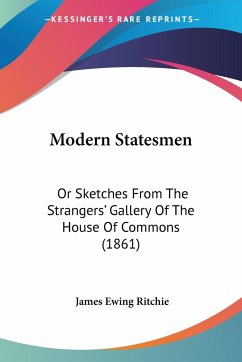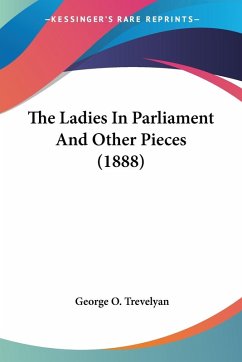Bill Proctor worked in the House of Commons for thirty-six years at the latter end of the last century. He served in various procedural offices, and as clerk of the committees on Science & Technology, Transport, Foreign Affairs, and the Treasury, as well as secretary of the House of Commons Commission. He wrote the 1978 report of the Procedure Committee, rightly described by the Guardian as an agenda for the rest of the century, which became the blueprint for changes which transformed the Commons during subsequent decades, not least of which was the system of departmental committees in both Houses which are now the most effective means for holding governments of all colours to account. He was secretary of the first United Kingdom delegation to the European Parliament in 1973, and subsequently spent much time at the peripatetic assembly of NATO parliamentarians and in Strasbourg at the Council of Europe. On the whole he preferred that original version of European cooperation to the behemoth arising in Brussels. He carried the bags of select committee members to all five continents, but often could neither decipher his notes nor even find them amidst the socks on his return. In this book Bill Proctor describes the generally happy and fruitful, but occasionally fragile, relationship between the professionally neutral Officers of the House of Commons and their properly partisan Members, an account which involves many hundreds of hearings, and many scores of reports, but also much travel in Europe, as well as chasing revolutionaries in the Caribbean, resisting the charms of hookers from Arusha to Boston, strap-hanging by air to Hanoi, pushing wheelchairs across Manhattan, consuming much of the KGB's company vodka, and carrying birthday cards across the green line in Cyprus. This memoir is a rare insight into how Parliament really works, abroad as well as at home.
Hinweis: Dieser Artikel kann nur an eine deutsche Lieferadresse ausgeliefert werden.
Hinweis: Dieser Artikel kann nur an eine deutsche Lieferadresse ausgeliefert werden.









